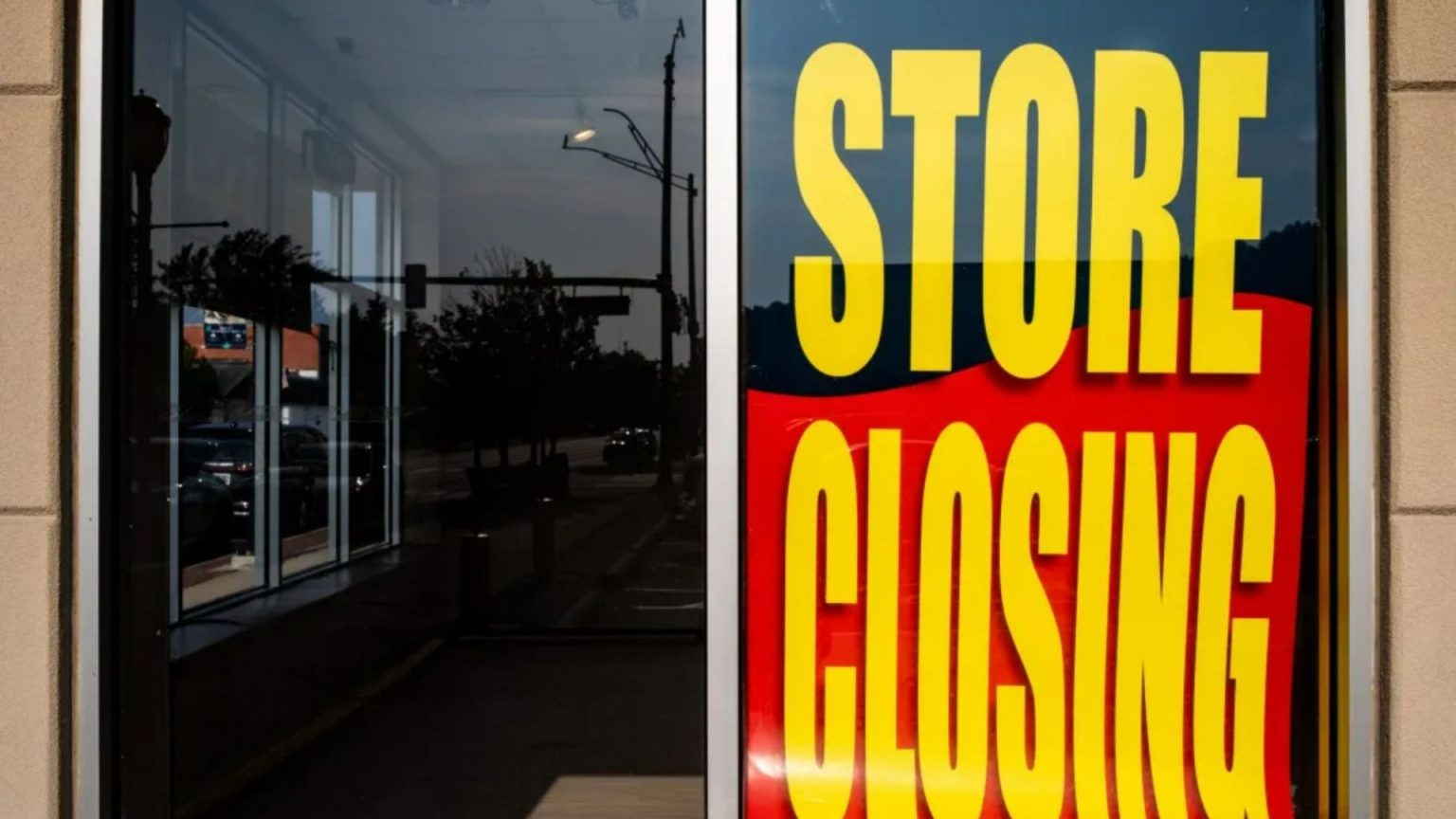The year 2024 proved another challenging period for the retail sector, marked by a wave of bankruptcies and store closures. A confluence of factors, including constrained consumer spending due to the ongoing cost of living crisis, escalating operational costs, and the lingering effects of the pandemic, created a perfect storm for retailers of all sizes. The Centre for Retail Research documented 27 retail failures, impacting 886 stores and nearly 18,000 employees. While this represents a decline in the number of collapses compared to the previous year, the impact on the high street remained significant. From innovative pop-up ventures like Sook to established high street staples like LloydsPharmacy, businesses across various sectors succumbed to the pressures of the challenging economic landscape.
The list of casualties underscores the breadth of the retail downturn. Sook, designed to revitalize empty retail spaces by offering flexible pop-up options for online brands, ironically became an early victim of the year’s downturn. Tile Choice, a Midlands-based flooring retailer, fell into administration, with only a portion of its stores salvaged by a competitor. LloydsPharmacy, once a prominent presence on the high street, liquidated its physical operations entirely, transitioning to an online-only model. Even internationally recognized brands like The Body Shop and Ted Baker were not immune, undergoing administration and significant restructuring, respectively. The Body Shop ultimately found a rescuer, retaining a portion of its stores, while Ted Baker transitioned primarily to an online presence in the UK and Europe.
The struggles extended beyond traditional brick-and-mortar retailers. Matches Fashion, a designer clothing online retailer recently acquired by Frasers Group, was deemed too financially burdened to salvage and subsequently shut down. Muji, the Japanese minimalist retailer, also faced administration in the UK before being rescued by its parent company. These cases highlight the pervasive nature of the challenges facing the retail sector, affecting both physical and online businesses. The demise of these brands illustrates the difficulty of navigating the current economic climate, even for established names with loyal customer bases.
The collapse of Carpetright and its affiliated brand, The Floor Room, further underscored the vulnerability of the home improvement sector. Carpetright, a long-standing flooring retailer, succumbed to financial pressures exacerbated by a cyberattack. While a portion of its stores and brand name were acquired by a competitor, the failure resulted in significant job losses. The Floor Room, operating primarily through concessions within John Lewis department stores, was unable to survive independently after Carpetright’s collapse. These failures point to the interconnectedness of the retail ecosystem and the cascading impact of major bankruptcies.
Homebase, a familiar name in the DIY sector, also fell into administration, marking another casualty for the home improvement market. The chain, which had undergone previous ownership changes and restructuring attempts, ultimately succumbed to the ongoing market pressures. These failures highlight the increasing difficulty for retailers, particularly in the home improvement sector, to remain competitive in a shrinking market.
The underlying causes of these widespread retail struggles are multifaceted. The lingering effects of the pandemic continue to impact consumer behavior, with online shopping remaining popular and further challenging physical stores. The cost of living crisis has squeezed household budgets, leading to reduced consumer spending and forcing many to prioritize essential purchases. High energy costs and inflationary pressures have further burdened retailers, increasing operational expenses and squeezing profit margins. This combination of factors has created a hostile environment for many retailers, particularly those already facing financial challenges. The ongoing economic uncertainty suggests that the retail sector may continue to face headwinds in the foreseeable future.


